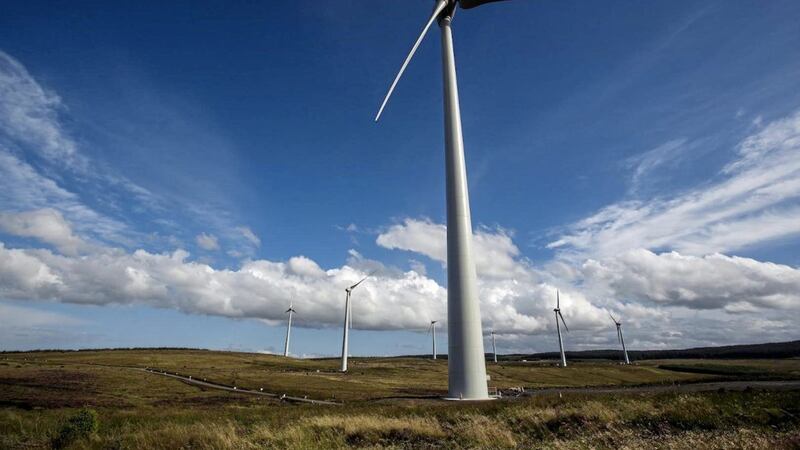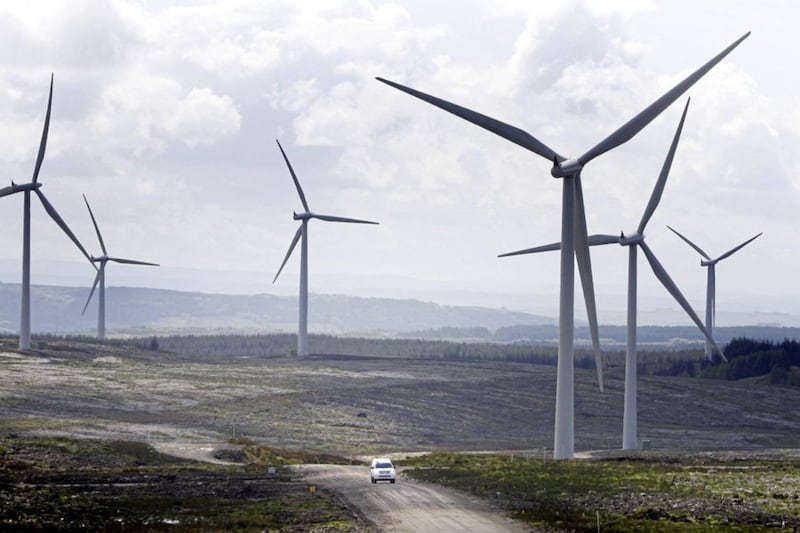The island of Ireland is set to meet its renewable electricity targets following a major overhaul of the all-island electricity market, according to new research.
The Republic and Northern Ireland must generate 40 per cent of electricity from green sources by 2020 and previous forecasts have predicted the country will miss the milestone.
Old coal peat and gas power stations are set to be retired in favour of newer, cleaner gas plants, Aurora Energy Research said, while battery storage and other projects could capture a share of revenue worth €60 million (£53m) a year.
"Through the removal of subsidies for peat generation, the establishment of a competitive capacity market, and swift implementation of a new renewables support scheme, the island of Ireland is set to meet its renewable electricity target of 40 per cent by 2020," it said.
"Furthermore, the worst-polluting and most expensive plants will be forced to compete with cheap renewable providers – providing cleaner electricity and protecting energy security at the minimum cost to consumers."
The ageing fossil fuel-fired power plant at Kilroot in Co Antrim is set to close with the loss of 240 jobs after it failed to win a major generation contract in an auction to supply the all-island Single Electricity Market (SEM) from May.
The Aurora report said batteries, renewable and gas power stations stood to benefit from the energy policy overhaul.
"Aurora has shown that the introduction of the Integrated Single Electricity Market (I-SEM) will push a shift towards a greener, more flexible energy system," it said.
"The reforms are intended to encourage competition across the sector, from security of supply, to ensuring the highest possible level of renewable electricity on the grid."



